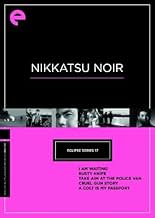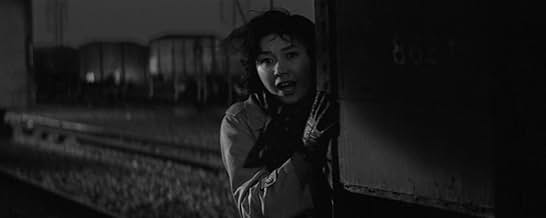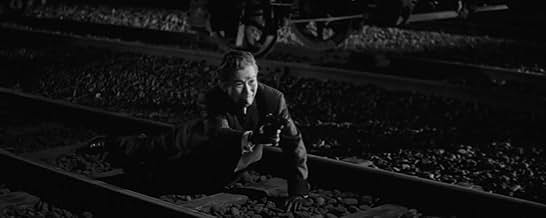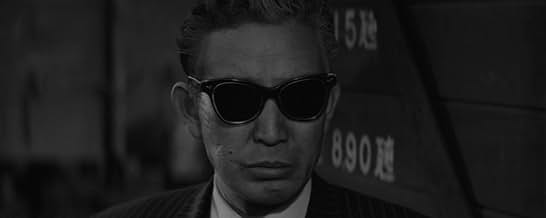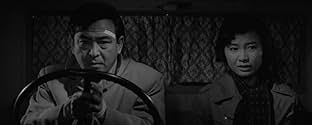Suzuki would go on to do wonders with abstraction and suggestive atmosphere in his later films but this is mostly a compact potboiler that doesn't have any time to spare. In fact there's so much plot here we need to get inside the protagonist's head to hear him try and clear some of it out. Voice-over narration tells us that "Fuychita had a sister, she's my next lead" and we're immediately transported to a tavern where that sister may be spotted. The movie jumps like that from place to place and character to character, gathering very little as it does but a growing number of names and intertwining relationships which are only as meaningful as the next person or clue they lead us to, and then at some point a sharpshooter is shooting at the protagonist and an underground prostitution ring is revealed. This is the kind of movie where people are presumed dead only to reappear later, where the protagonist goes back to his place to find a key character waiting for him in his living room with no explanations given or asked, and where the bad guys stage an elaborate death for the protagonist and his girl to escape when two bullets would have sufficed. It's not film noir by the American standard of the term and it's not even film noir compared to some of the stuff Teruo Ishii was doing at the time in Shintoho studios. It's a comic-book murder mystery with onedimensional characters and convoluted plot (one to make up for the other), a couple of cool scenes, and a swinging jazzy score. Like a dimestore viper novel, it keeps you turning the page but you know you're reading something mostly cheap and disposable by the end of it.

